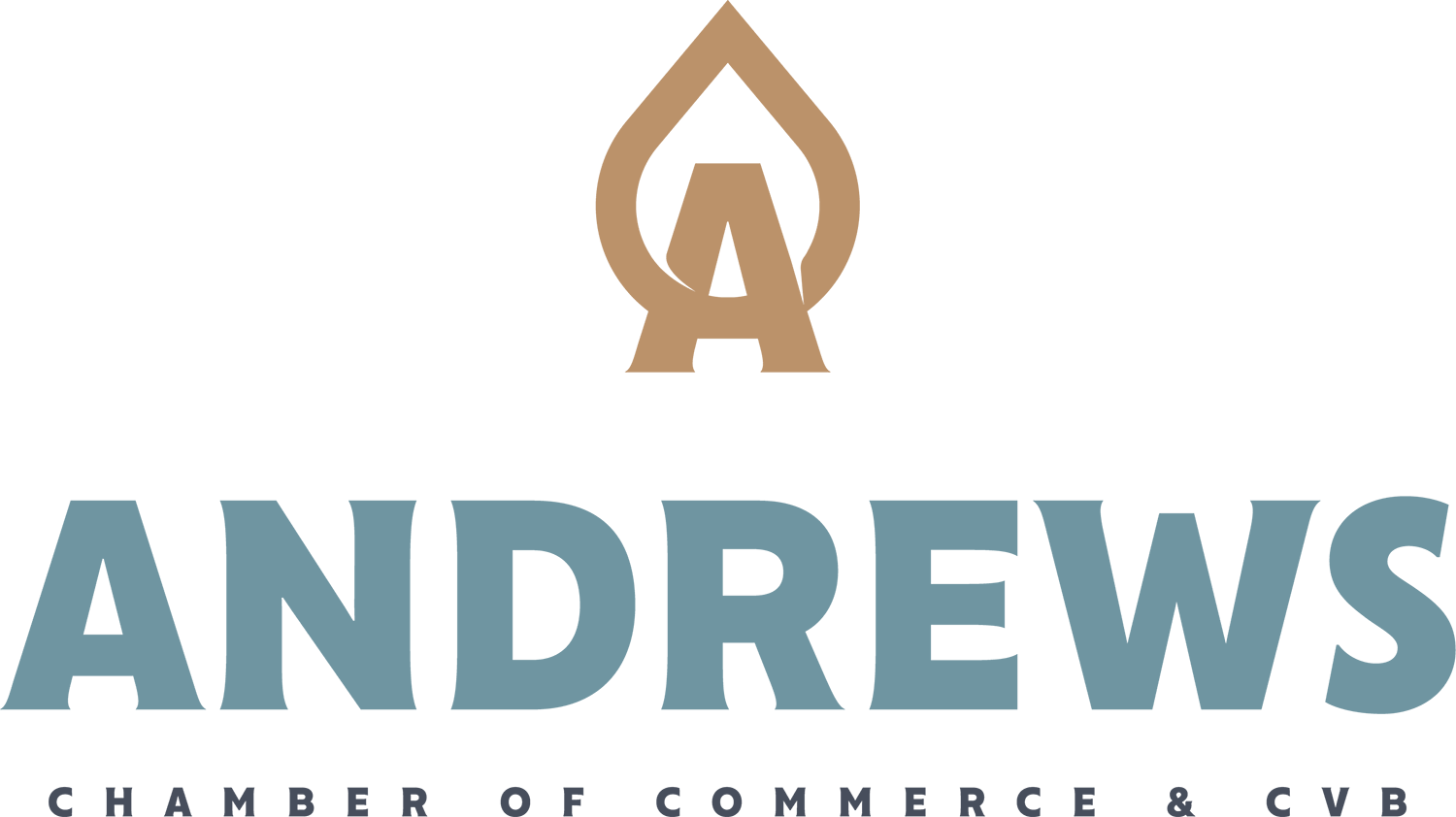The glowing storefronts and polished systems of franchise businesses can feel like a shortcut to entrepreneurial success. To those standing outside looking in, a franchise promises the best of both worlds: independence and structure, brand recognition and built-in customer trust. But stepping behind the curtain reveals a more complex equation, one that asks a potential owner to weigh far more than start-up costs and royalty fees. This is not just a business purchase—it’s a long-term partnership that can shape a lifestyle, career, and financial future in ways that deserve deep scrutiny.
Franchise Fit Isn’t One-Size-Fits-All
Choosing a franchise isn't simply about what’s trending or what seems profitable on paper. A critical but often overlooked factor is personal compatibility with the franchise model and its culture. This includes an honest look at how well an individual’s skills, risk tolerance, and values align with the expectations of the franchisor. A system that relies heavily on strict compliance may not sit well with someone who thrives on creative freedom. That mismatch, over time, can wear down even the most determined business owner, making it essential to choose a franchise that allows not just for growth, but for fit.
Financial Disclosure Documents Tell a Partial Story
Every franchisor is required to provide a Franchise Disclosure Document (FDD), and while it’s rich with data, it’s not a crystal ball. The FDD can list fees, litigation history, earnings ranges, and the number of franchise closures, but those numbers don’t always capture day-to-day realities. Digging deeper means talking to existing franchisees—not just the ones handpicked by corporate. It means asking the uncomfortable questions about profit margins, staffing struggles, and whether corporate support lives up to promises. Many of the toughest lessons are etched between the lines, not in boldface.
Location Still Matters—But So Does Timing
Franchising success is still tethered to location, but not just in the traditional sense of real estate. Sure, foot traffic and demographics are important, but so are broader market signals. Entering a market too early can mean educating an audience that isn’t ready, while arriving too late can place a new franchisee into a saturated field. Franchisors may push for rapid expansion, but that doesn’t always align with what a market can actually bear. An owner who researches local demand, competition, and the trajectory of the brand’s growth in that region is more likely to survive the bumps that come with early ownership.
Systematizing Financial Oversight with Smarter File Management
When managing financial records at scale, implementing a document management system streamlines everything from daily expense tracking to year-end reporting. Centralizing files ensures consistency and access across departments, especially when financial documents arrive in different formats. Using an overview of PDF to Excel export helps illustrate how converting static PDFs into Excel files enables easier manipulation and analysis of tabular data, providing a more versatile and editable format for financial workflows.
Corporate Support Isn’t a Substitute for Local Know-How
One of the most appealing aspects of a franchise is corporate backing—training programs, marketing materials, operational systems. But too much reliance on a franchisor can create blind spots. No two markets operate identically, and what works in a major metro area might flop in a smaller town. Owners need to pair corporate playbooks with on-the-ground insights and be ready to advocate for adjustments when needed. Flexibility within the framework is a crucial survival skill, and waiting for top-down changes can mean missing critical local opportunities.
Exit Strategy Should Be Part of the Entrance Plan
Few new owners want to talk about the end before they’ve even begun, but an exit strategy is essential. Whether planning to sell after a few years, pass the business to family, or retire with dividends, the path out should be as clear as the path in. Some franchises place heavy restrictions on resale, while others may require ongoing approval for new owners. Understanding those limitations upfront helps prevent future headaches and keeps long-term goals aligned. No one wants to feel trapped in a venture that no longer serves their personal or financial vision.
Buying into a franchise may seem like a turnkey opportunity, but the reality is more layered. It's not just about capital or brand name—it’s about understanding what kind of business owner you want to be and what kind of system you can thrive in. Those who take the time to ask tough questions, connect with others in the network, and fully assess their own readiness are far better positioned for long-term success. In a world full of promises and polished packages, the most successful franchisees are the ones who did the hard homework before the ribbon cutting.
Discover the vibrant community of Andrews, Texas by visiting the Andrews Texas Chamber of Commerce and stay updated on events, networking opportunities, and more!
This Hot Deal is promoted by Andrews Chamber of Commerce.

